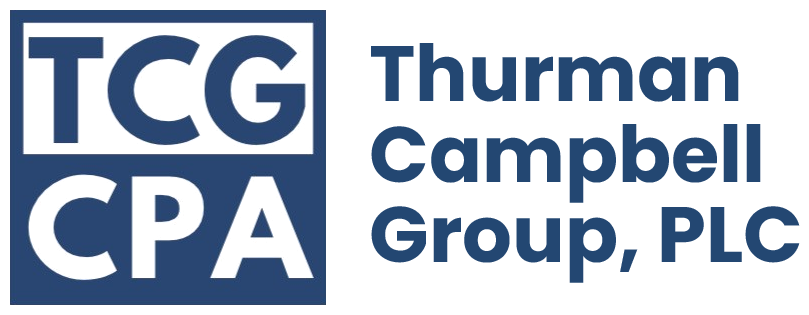Auditing-Reviews-Compilations
Third parties who rely on financial statements often require assurance that financial statements accurately represent the financial position of an entity. These third parties often have different needs or comfort levels. For this reason, we provide three levels of assurance.
- Audit – An audit of financial statements provides the highest level of assurance offered by our profession. An audit involves a detailed examination of your business and accounting records; correspondence with your bankers, customers, vendors, attorneys and other third parties, as necessary, to verify your financial information; physical inspections of your assets and inventories; and other procedures and tests, as necessary, to allow us to express an opinion regarding your financial statements. At the conclusion of our audit, we will issue a report on whether we believe your financial statements to be fairly stated in conformity with Generally Accepted Accounting Principles. Audits are often required by lending institutions, the Federal Government and many state governments.
- Review – A review of financial statements provides limited assurance that the statements are fairly stated. A review is significantly less in scope than an audit, but more involved than a compilation. A review involves analytical procedures applied to your financial information and inquiries of you and/or your management team. At the conclusion of our review, we will issue a report providing limited assurance regarding your financial statements. Reviewed financial statements are most often required by lending institutions and state licensing boards.
- Compilation – A compilation involves arranging or compiling financial information into financial statements. Compilations do not require analytical procedures or significant inquiries of management. At the conclusion of our compilation, we will issue a report that disclaims any opinion or other assurance on the financial statements. Compiled financial statements are sometimes required by lending institutions or used by the owner/management to manage the business.
- Agreed Upon Procedures – Agreed upon procedure engagements involve the application of specific procedures to transactions, account balances, processes, or internal controls. These engagements are very specific and provide assurance only as to the specific procedures performed. At the conclusion of an agreed upon procedure engagement, we will issue a report outlining the procedures performed and the results of those procedures. These types of engagements are often useful when a full audit or review is not considered necessary. For example, when a lending institution only needs assurance regarding the value of an inventory or accounts receivable.
